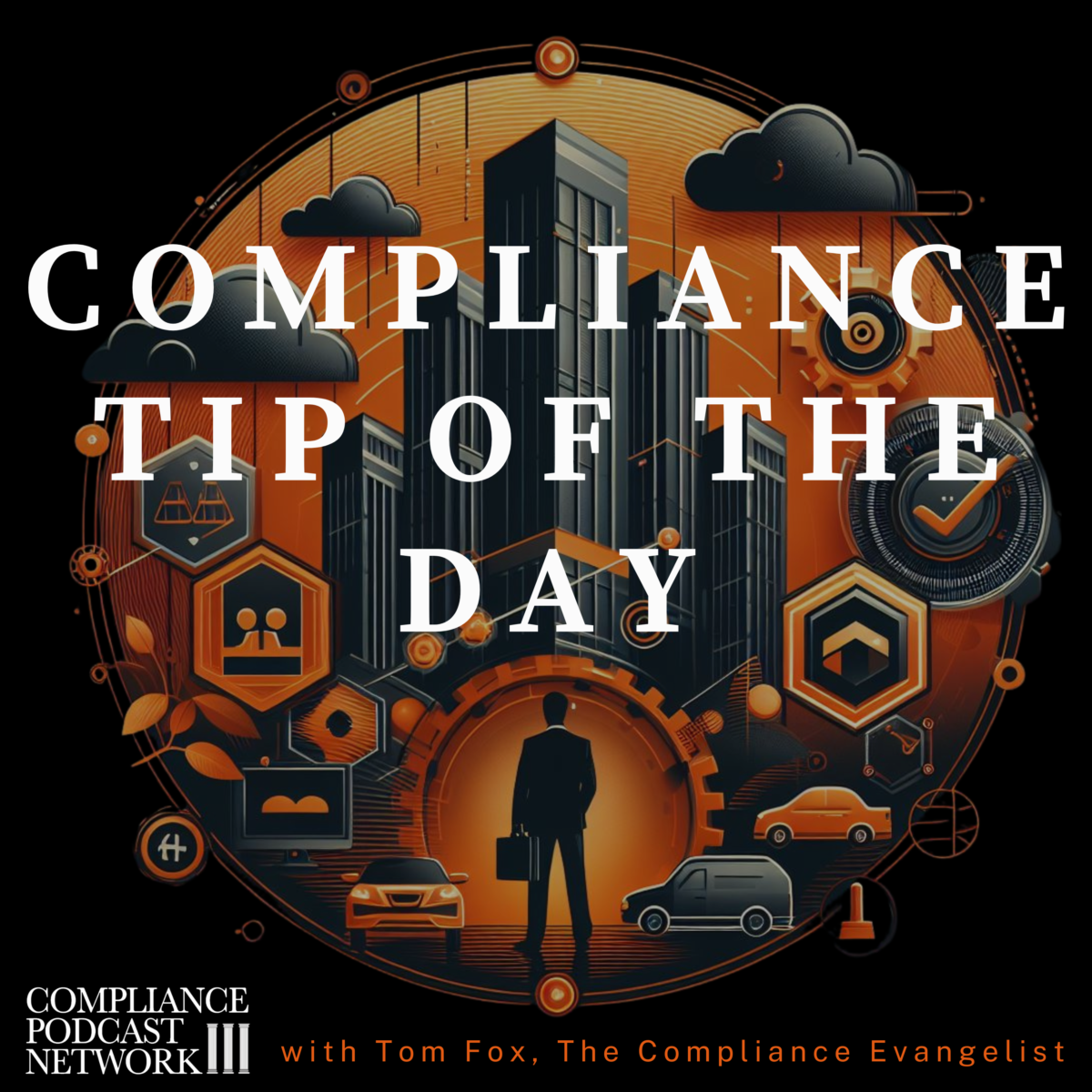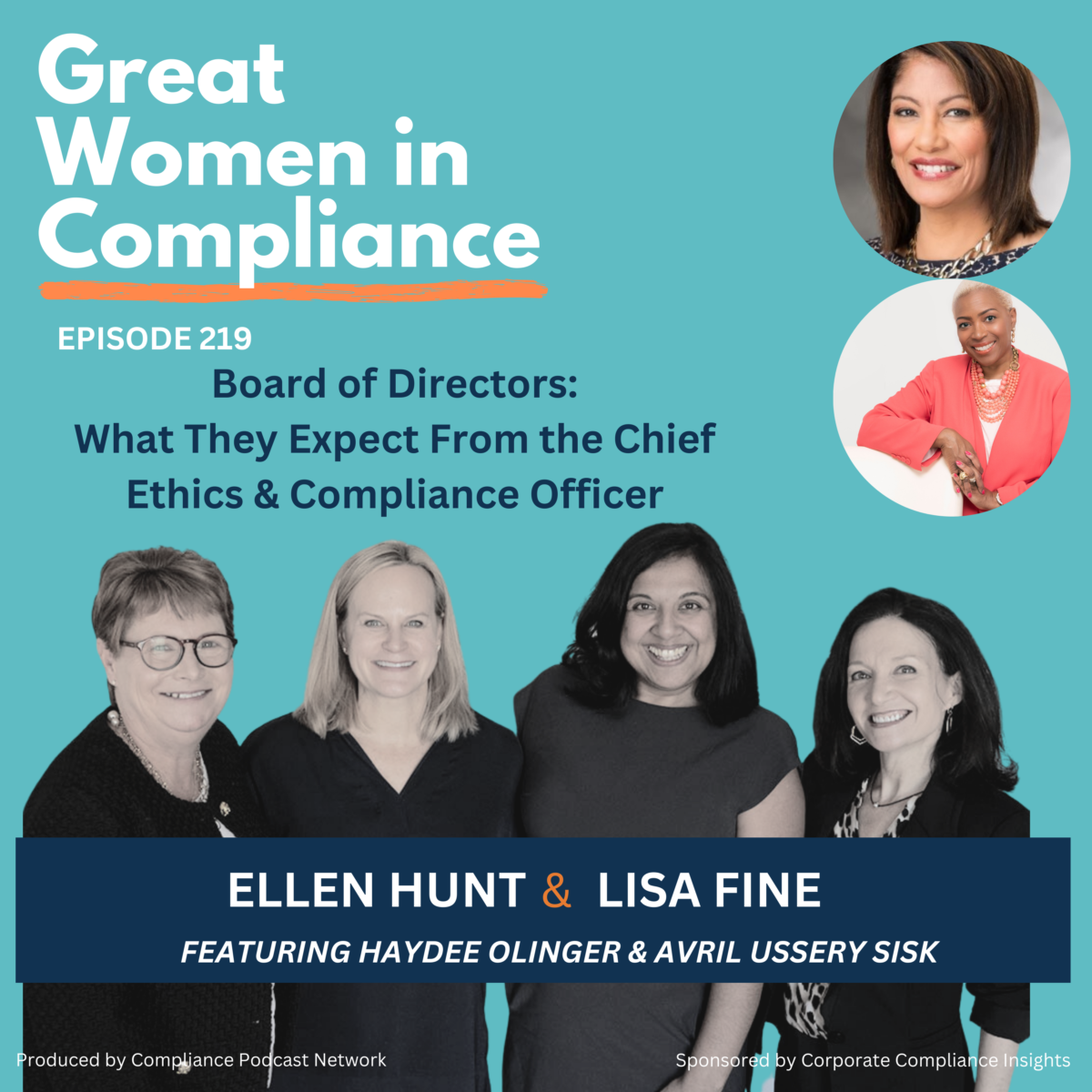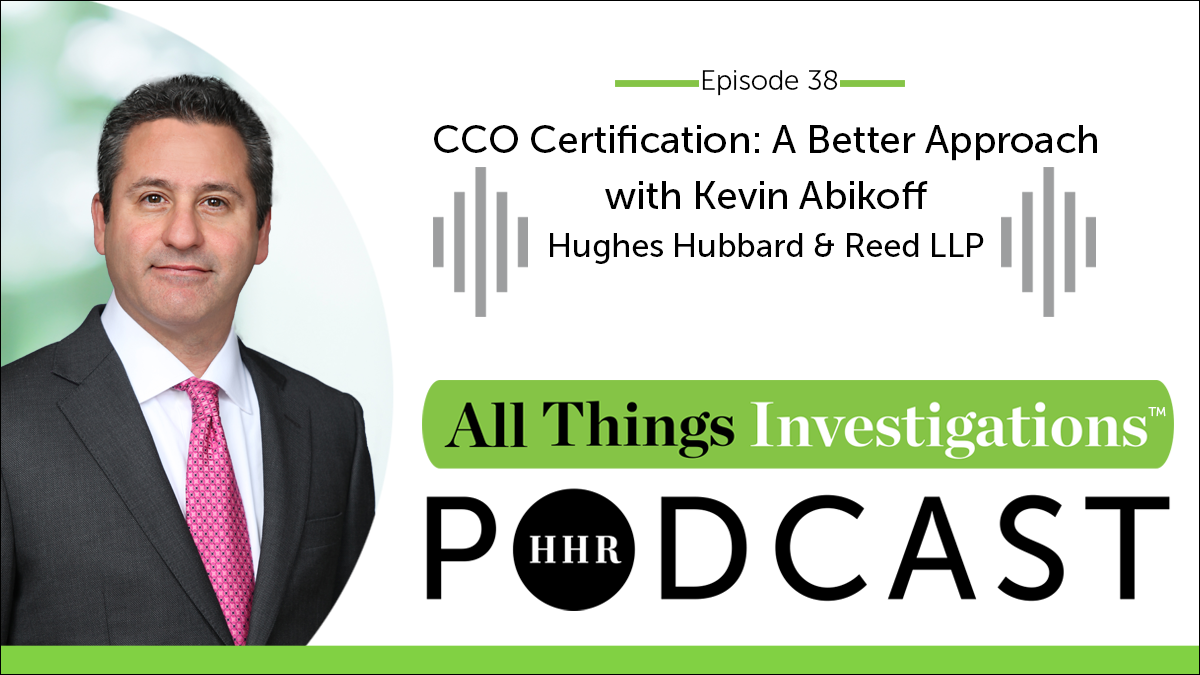Next, consider a couple of landmark failures at the Board level around bribery and corruption.
VimpelCom Ltd. In 2015 (now Veon Ltd.), the DOJ alleged that Dutch telecom VimpelCom sought to enter the telecom market through the acquisition of a local player, Unitel, as an entrée into the Uzbekistan market. Unitel made clear to VimpelCom that to have access to, obtain, and retain business in the Uzbeki telecom space, VimpelCom would have to, according to the DPA, “regularly pay Foreign Officials millions of dollars” to Gulnara Karimova, the daughter of the then President of the country. VimpelCom also acquired another entity Butzel, that was at least partially owned by an Uzbeki government official, who hid their interest through a shell company, which was known to VimpelCom. VimpelCom did not articulate a legitimate business reason for the deal and paid $60 million for Buztel.
Ultimately, VimpelCom agreed to pay approximately $800 million in fines for these activities in 2016.
BizJet. Another FCPA enforcement action involved the Tulsa-based company BizJet International Sales and Support Inc. (BizJet), which had four senior executives convicted for their participation in a bribery scheme. But this case also involved the Board of Directions. In the Criminal Information, it stated that in November 2005:
…at a Board of Directors meeting of the BizJet Board, Executive A, and Executive B discussed with the Board that the decision of where an aircraft is sent for maintenance work is generally made by the potential customer’s director of maintenance or chief pilot, that these individuals are demanding $30,000 to $40,000 in commissions, and that BizJet would pay referral fees in order to gain market share.
In both cases, this is where the rubber hits the road. If a company is willing to commit bribery and engage in corruption to secure business, no amount of doing compliance is going to help. If senior management is ready, willing, and able to lie, cheat and steal, the Board is the final backstop to prevent such conduct. Both the VimpelCom and BizJet Boards sorely failed in their compliance duties.
Three key takeaways:
- Board liability will be severe based upon similar conduct going forward.
- Board members must critically challenge management on its conduct.
- The Board is the ultimate backstop against bribery and corruption.
For more information, check out The Compliance Handbook, 4th edition, available here.










